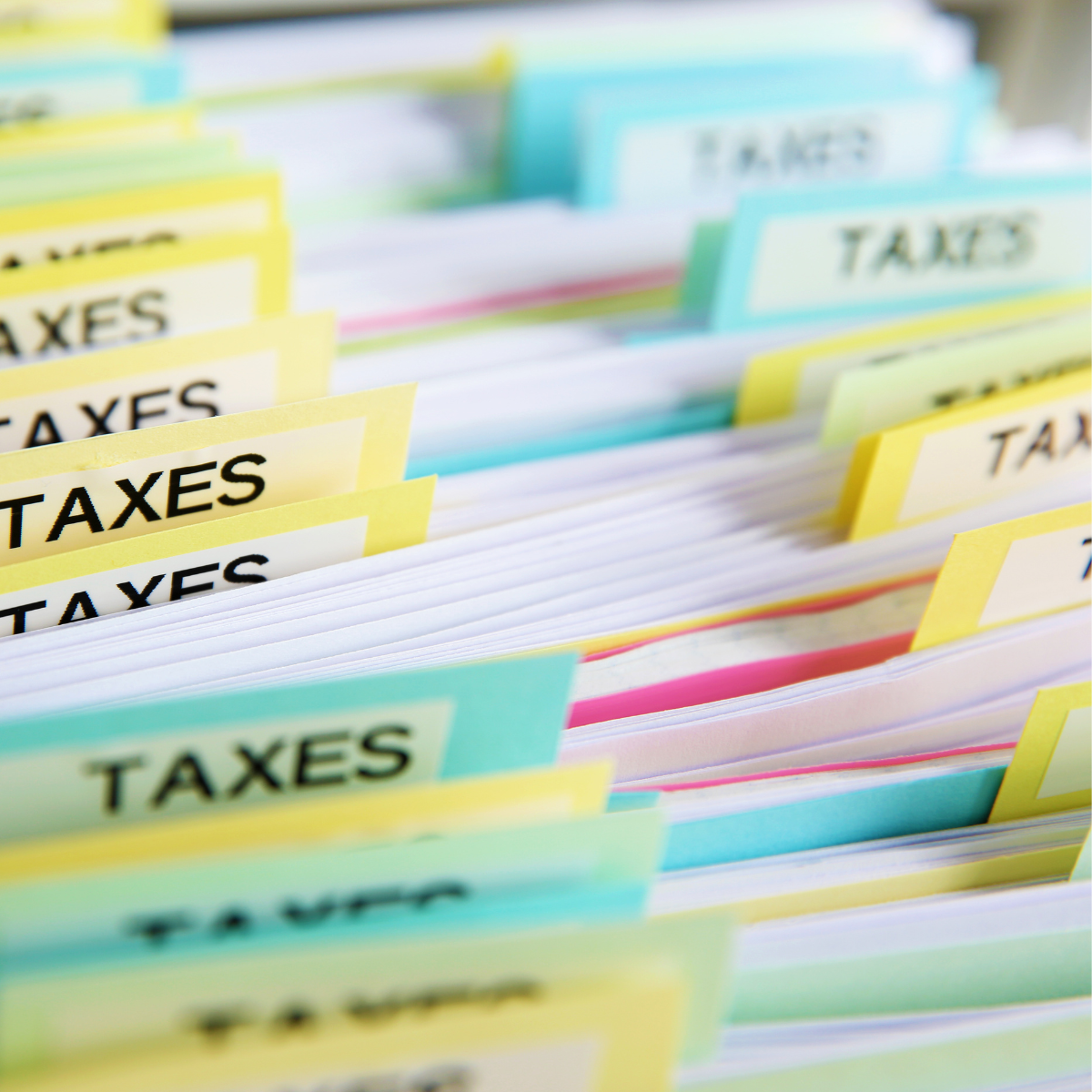 Jul 30th, 2025
Jul 30th, 2025Protecting The District's Real Property Tax Base and Its Interest In Payment In Lieu of Tax Agreements (PILOTS)
School districts have two primary sources of in-state revenue. The first revenue source is State Aid, which is received from the State of New York. The second primary source of school district revenue is real property tax payments received from the school district residents and commercial businesses. A subset of the Real Property Tax Revenue is revenue received pursuant to Payments in Lieu of Tax Agreements.
Tax Certiorari Proceedings.
Beginning in or about August, school districts are likely to receive tax certiorari petitions. A tax certiorari proceeding is a special legal proceeding filed by a taxpayer pursuant to Article 7 of the Real Property Tax Law to challenge the municipality’s assessment of their property. Although the town is typically the primary respondent in these proceedings, the law requires that the local school district also be served with the petition seeking relief.
If the taxpayer is successful in such a proceeding, the real property tax for the parcel, including school tax, will be reduced. Since it is likely that the school tax bill will be paid before the proceeding is resolved, a property owner’s success may result in the school district’s obligation to refund the amount of taxes overpaid, with statutory interest of up to 9%. It also is possible that several years of these proceedings may “stack up” before any is resolved, compounding the potential amount owed to refund the overpayment. Further, if the assessment is reduced, the law requires that it not be increased from that reduced amount for 3 years, with limited exceptions. So, not only will the taxbase be reduced for that year, but will remain so for future years.
Although the municipality is the named respondent in the petition, it is the school district that bears the greatest exposure. At times, as much as 60% of any overpayment will be required to be repaid by the school district, with town and county splitting the remainder.
It generally behooves school districts to defend tax certiorari proceedings involving larger commercial properties. The amount of taxes in dispute for commercial properties is usually much greater than for residential properties, but taxes on highly valued residential properties can also warrant a school district defense. Once a school district takes action to affirmatively let the taxpayer and court know that it is actively involved, the school district has a voice in the litigation and the municipality may not reach an agreement to reduce the assessment without the school district’s knowledge and approval. As with any litigation, the school district will need to do a cost-benefit analysis as to the vigor with which it seeks to defend an assessment, especially if the municipality is willing to agree upon a reduced assessed value. We recommend school districts forward tax certiorari petitions to our office so that we can jointly evaluate whether the school district will have a role in the defense of the proceeding, and the extent of that role. Once the school district becomes a recognized party to the litigation, the proceeding cannot be settled without the school district’s consent. The school district’s representation in the proceeding ensures that its interests are protected at the settlement table.
We do not recommend intervening in every tax certiorari proceeding, but we do recommend an annual review of the open tax certiorari proceedings to determine the potential impact of these proceedings on the school district. Once reviewed, the school district will have an appreciation of the amount of tax revenue which is exposed to loss, can determine which proceedings to defend, and will be able to better budget for the upcoming fiscal year. School districts have the ability, under the Education Law, to create a tax certiorari reserve fund for these liabilities.
Payment in Lieu of Tax Agreements (PILOTS).
Solar companies, land developers, and commercial businesses frequently seek tax abatement from industrial development agencies (IDAs) or pursuant to Real Property Tax Law exemptions. If a property qualifies for an exemption under New York’s Real Property Tax Law, the IDA may negotiate with the property owner an amount to be paid in lieu of property taxes, or a Payment in Lieu of Property Tax (PILOT) agreement. That Agreement can also determine the allocation of the taxes paid, including the percentage or amount to go to the school district. When made aware that a PILOT agreement is proposed, school districts should evaluate the potential impact on the district’s tax base and the consequent importance of having a role in the negotiations. Failure to review and participate in these transactions can result in the loss of significant revenue for school districts.
Defending tax assessments and negotiating PILOT agreements can serve to protect the school district’s annual revenue. Whether the district is nominally involved, actively involved, or takes the lead in the litigation or transaction is determined on a case-by-case basis. If the school district has any question about the impact of a particular matter and how to best address it, please contact Peter Craig, Katherine Gavett or Daria Ivasiuk.




